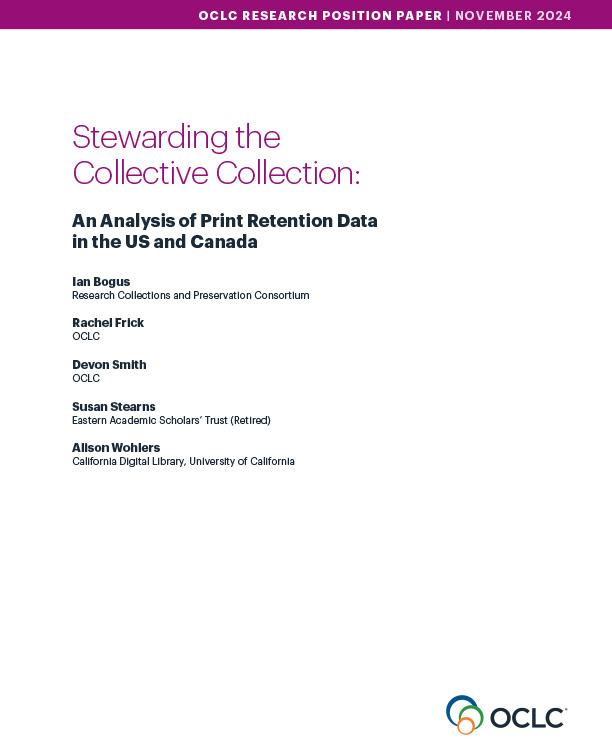On-demand events
18 February 2025
Using comprehensive analytics to support institutional priorities
26 September 2024
Practical tips for selecting, implementing, and using GreenGlass
27 August 2024
Right-size your print collection with tools that give you detailed data: GreenGlass and GreenGlass for serials
27 August 2024
Right-size your print collection with tools that give you detailed data: GreenGlass and GreenGlass for serials
Learn more
Member stories

Advance research through ongoing collection assessment
Learn how Te Herenga Waka-Victoria University of Wellington keeps print collections updated and lean to support modern research needs.

Select resources for off-site storage with confidence and transparency
Understand how The University of New Mexico's library staff gained support and enthusiasm from faculty when moving library resources to off-site storage.






